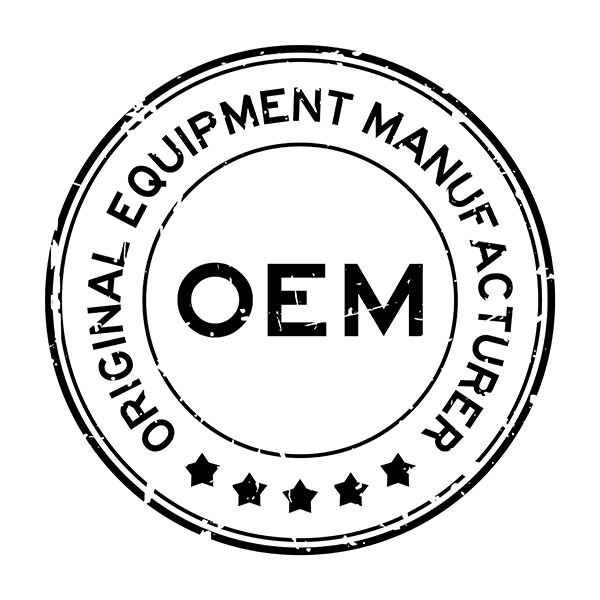
If you've ever taken your car to the shop for repairs or replacements, you've probably come across the term OEM. But what does OEM mean in the auto industry, and why is it important for car owners to understand this term? Let's break down the concept of OEM and explore its significance in maintaining your vehicle's performance and longevity.
OEM Meaning
OEM stands for Original Equipment Manufacturer. This term refers to the company that originally manufactured the parts or components that were installed in your vehicle when it was built. In other words, OEM parts are identical to those that came with your car when it rolled off the assembly line.
Why OEM Parts Matter
Using OEM parts for repairs and replacements offers several benefits that can significantly impact your vehicle's performance, safety, and overall value. Let's explore these advantages in detail.
Quality and Reliability
One of the most significant benefits of OEM parts is their quality and reliability. Since these parts are made by the same manufacturer that produced the original components, they meet the same high standards and specifications. This ensures that the parts will fit perfectly and function as intended, providing peace of mind and consistent performance.
Warranty Protection
Another important advantage of using OEM parts is warranty protection. Many vehicle warranties require repairs and replacements with OEM parts to remain valid. Using aftermarket parts can sometimes void your warranty, leaving you unprotected in case of future issues. Sticking with OEM parts helps ensure that your warranty remains intact and that you're covered for any potential problems.
Resale Value
Maintaining your car with OEM parts can also positively impact its resale value. Buyers often prefer vehicles that have been repaired with OEM parts, as this indicates that the car has been well-maintained and is likely to be more reliable. When it comes time to sell or trade in your vehicle, having a record of OEM part usage can make your car more appealing to potential buyers.
OEM vs. Aftermarket Parts: What's the Difference?
While OEM parts are made by the original manufacturer, aftermarket parts are produced by third-party companies. These parts are often designed to fit a variety of vehicles and may not meet the same standards as OEM components. Let's compare the two to understand the key differences.
Fit and Compatibility
OEM parts are designed specifically for your vehicle, ensuring a perfect fit and optimal compatibility. On the other hand, aftermarket parts are made to fit a range of vehicles, which can sometimes result in issues with fit and performance. This can lead to additional adjustments or modifications, increasing the overall repair time and cost.
Quality and Performance
While some aftermarket parts can be of high quality, they generally do not match the consistent standards of OEM parts. The variability in quality can affect the performance and longevity of the part, potentially leading to more frequent replacements and higher long-term costs.
Cost Considerations
Aftermarket parts are often less expensive than OEM parts, which can make them an attractive option for budget-conscious car owners. However, the potential for reduced quality and compatibility issues means that additional repair costs down the line may offset the initial savings. Investing in OEM parts can save money in the long run by ensuring reliable performance and reducing the need for frequent replacements.
When to Choose OEM Parts
Choosing OEM parts is typically the best option for maintaining your vehicle's performance and value. However, there are specific situations where opting for OEM parts is particularly important.
Major Repairs and Replacements
For significant repairs, such as engine or transmission replacements, using OEM parts is crucial to ensure that the components work seamlessly with your vehicle's existing systems. This helps maintain the integrity and performance of your car, reducing the risk of further issues.
Maintaining Warranty Coverage
As mentioned earlier, many warranties require the use of OEM parts for repairs and replacements. To avoid voiding your warranty, always opt for OEM parts when making repairs under warranty coverage.
Resale Preparation
If you plan to sell or trade in your vehicle, using OEM parts for repairs can enhance its resale value. Buyers are more likely to trust a vehicle that has been maintained with high-quality, manufacturer-approved parts.
Protect your investment with high-quality aftermarket or OEM parts. Visit KAMS Auto Service Center for your next repair or maintenance service.